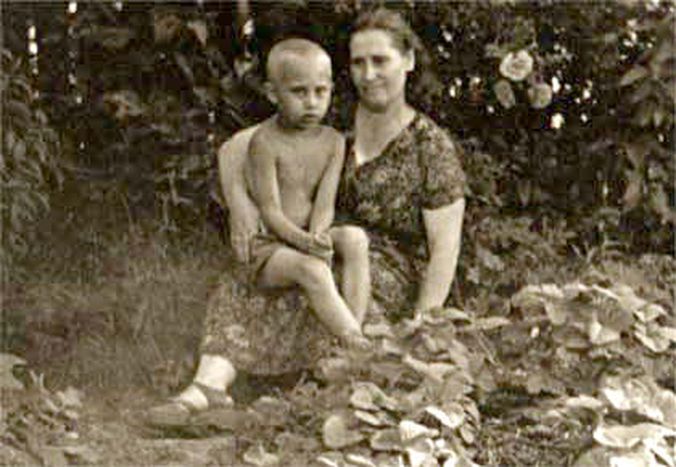
Russia has carrots too
Published on
Russia's relationship with her ex-Soviet neighbours is just as much defined by soft power tactics as it is strong-armed energy diplomacy
August was a tense month for Russo-Ukrainian relations. In mid-August, Russia blocked nearly all cross-border trade flows from Ukraine. Sergei Glazyev, Russian President Vladimir Putin’s top trade advisor left little room for doubt, saying, “We are preparing to tighten customs procedures if Ukraine makes this suicidal step of signing the EU Association Agreement”.
Although trade between the countries has resumed for the moment, this was likely just the warning shot in the run-up to the Vilnius summit in November, when an Association Agreement between Russia and Ukraine is scheduled to be signed (if all the kinks can be worked out beforehand). Europe and Ukraine can probably expect more of Russia’s trademark strong-arm diplomacy, but there is another side to Russian diplomacy as well. Moscow has an arsenal of potent soft power techniques are too often overlooked in the media.
The soft underbelly of Russian diplomacy
Russian diplomacy isn’t all sticks and no carrots. In Ukraine, Moscow has been busy at work turning up the pressure through back channels, leaving no stone unturned. Russia has developed its own soft-policy mix to accompany its more blunt methods, which are largely confined to trade and energy. This mix has been highly effective in relations with many of its former vassals, relying on cultural affinity and shared business and political values.
Admittedly, Russia may not have to spend too much time worrying about grooming its image for the masses in many neighbouring countries where democratic processes are underdeveloped to say the least, but the opinions of national elites count. The country still has powerful economic influence networks in the former Soviet sphere, not to mention existing cultural affinities, and despotic governments tend to appreciate Putin’s take on democracy. While these countries may be tempted by the glamour of European style development, they know where their interests lie – although not necessarily those of their citizens.
For Russia, maintaining influence in Ukraine has become a top foreign policy priority. Beyond economic interests, Russia sees Ukraine as an essential part of its own identity, thus its Europeanisation poses an existential threat. However, Russia’s socio-economic model and current trajectory limit its traditional soft power potential in Ukraine. With Ukraine, more so than with many other ex-Soviet states, Russia must heavily rely on constructing national myths and meta-narratives to bind Ukraine into a common destiny with mother Russia.
In Ukraine, Russia still has a powerful cultural presence (such as the Russian Orthodox Church and mass media outlets) that can influence opinion, particularly those of many Russophone Ukrainians. Moscow is also an accomplished expert when it comes to leveraging fragmented political systems, poor regulatory frameworks, institutional weaknesses and the commercialisation of politics among many of its neighbours. Ukrainian President Viktor Yanukovych may understandably worry for his political future with some political opponents backed by Russian support.
In the private sector, business elites are co-opted with bribes and other financial incentives. In Ukraine, big fish are already worried about becoming little fish in the much larger EU pond. With the benefits of free trade with Europe come the barriers that must be overcome, namely tougher competition in domestic markets and higher standards for selling products in the EU. In the long run these forces are profoundly good for economies, lean companies will survive and thrive in new markets. However, anxious oligarchs may be easily tempted to hark back to certain aspects of Russian business culture (e.g. corruption and monopolies).
Give Ukraine a break
The Ukrainian political class finds itself in an unimaginably complex situation and must juggle the short-term pay-offs of overtures, and often downright political survival, with the ultimate goal of a long-term rapprochement. This understandably makes European capitals uneasy and leaves them wondering what the country’s true intentions may be. An agreement would send a powerful signal to wary politicians in Kiev that the EU is ready to take up Ukraine on its strategic long-term bet on Europe, while still providing a framework for the EU to exercise sufficient leverage over future negotiations.
Until recently, Russia was rather confident that Europe would not sign the agreement. Angela Merkel has been leading a small but vocal minority insisting that Ukraine take the initiative and make some symbolic concessions, notably the release of the former Prime Minister Yulia Tymochenko. In any case, Europe should recognise the complexity of the domestic political landscape in Ukraine and appreciate the strategic importance Ukraine has placed on Europe



